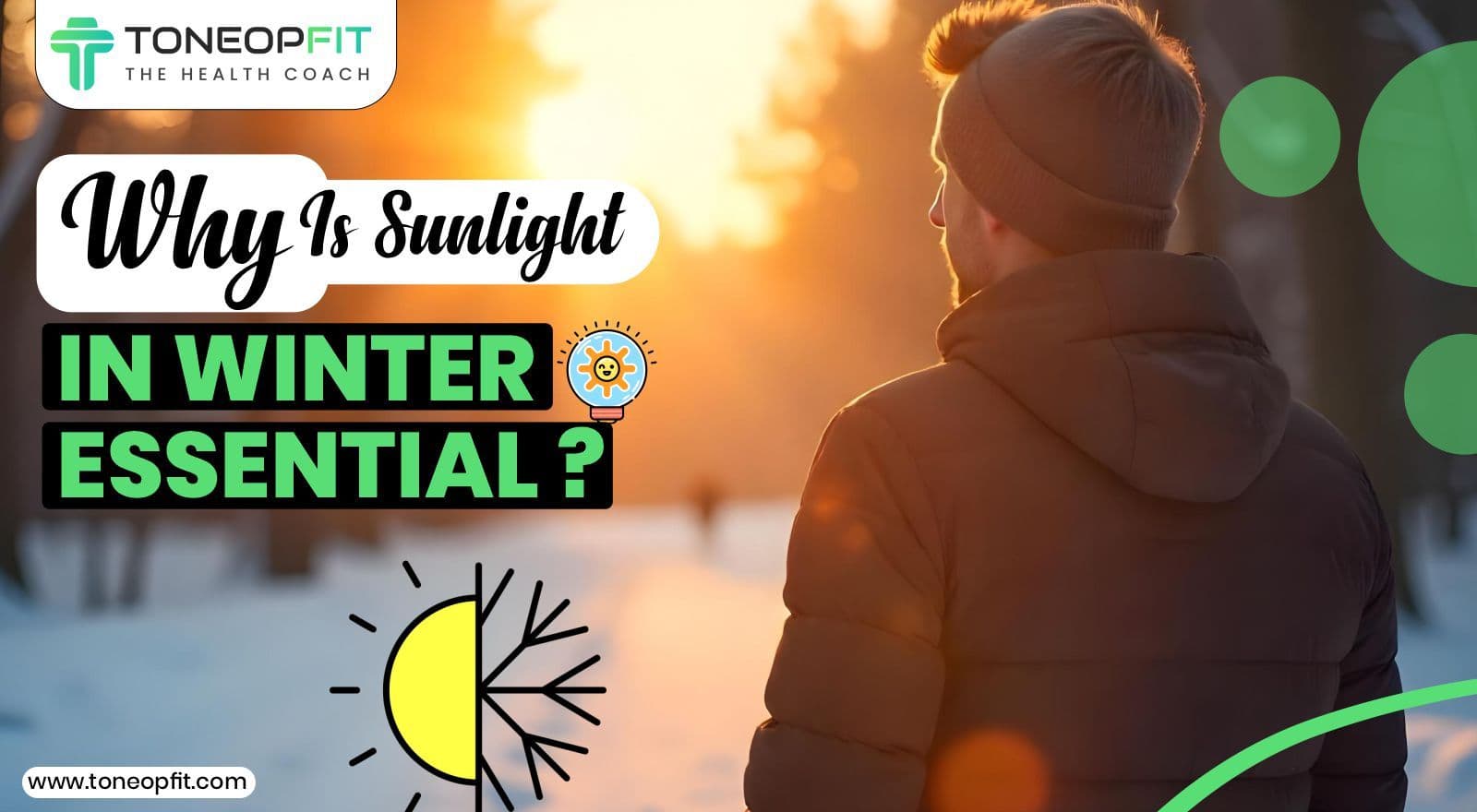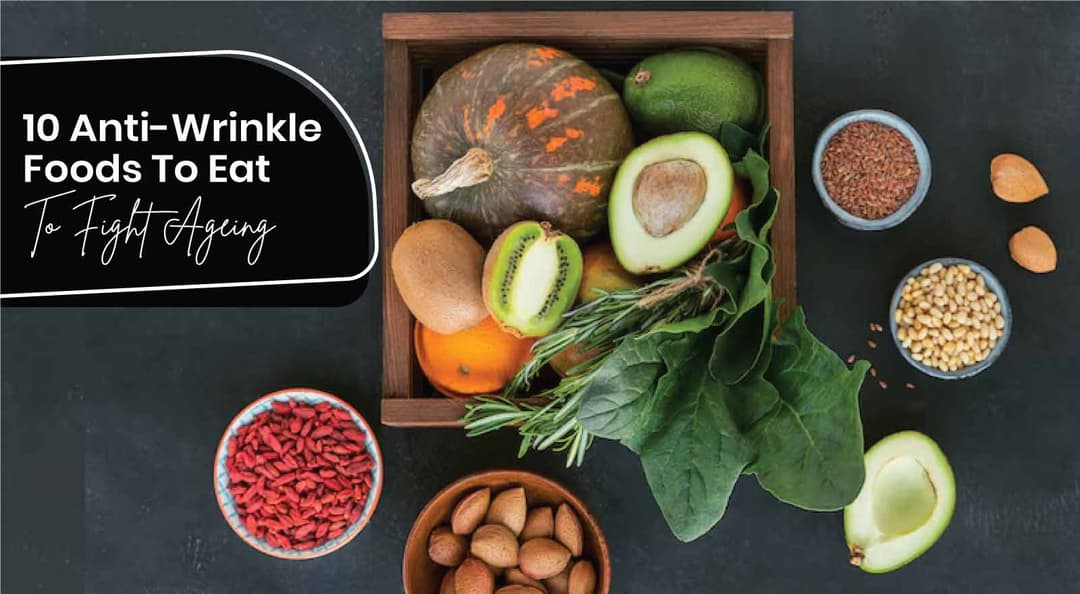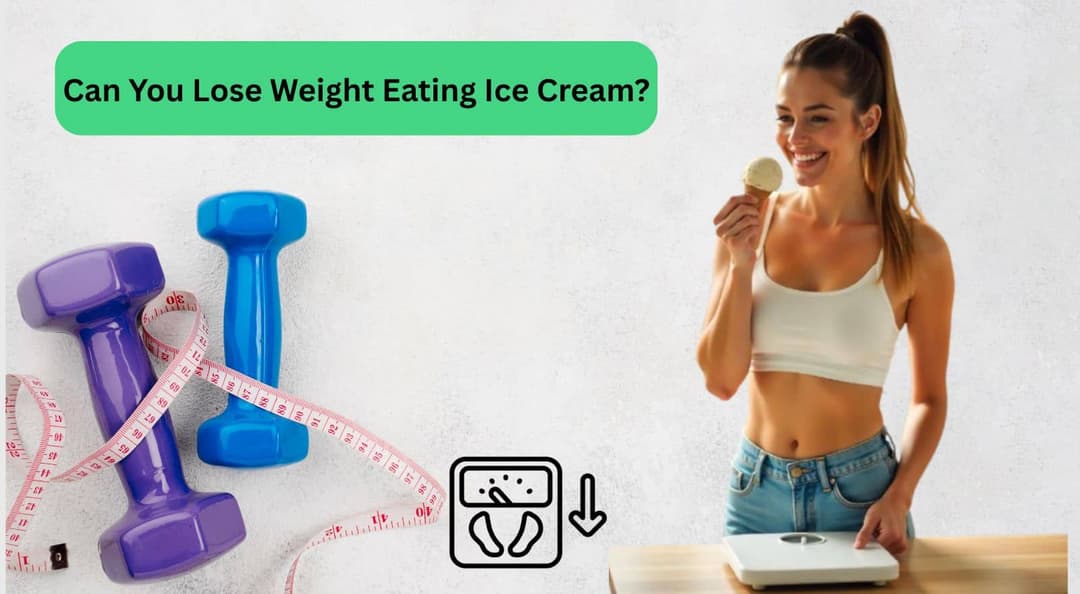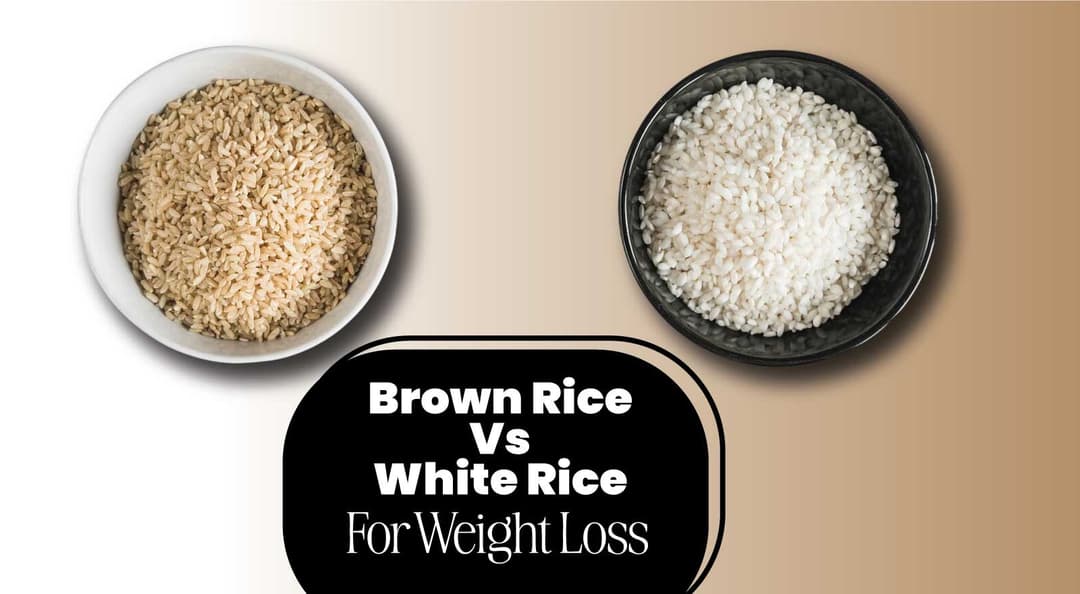Winter has already started, but that doesn't mean we won't see some sunshine in the coming months. In fact, the morning winter sun can be really strong.
While it's usually better to avoid the sun in the summer, it's important to get enough sun exposure in the winter. Cold weather can trigger several problems in our body, making it prone to various diseases such as flu, pneumonia, heart attacks, stroke and more. Maintaining a strong immune system is vital in fighting disease, something that sunlight can help you boost. Exposure to sunlight will not only help boost your immunity and get vitamin D but also help reduce swelling and high blood pressure.
In this blog, we will find out why sunlight in winter is good for you and how much time you should spend in it.
Table of Contents
- Why Is The Winter Sun So Important?
- Is It Good To Take Sunlight In Winter? 7 Amazing Benefits of Winter Sunlight
- How Much Sunlight Do You Need In Winter & Other Seasons?
- Is Sunlight Different In Winter?
- Expert’s Advice
- The Final Say
- FAQs
- References
Why Is The Winter Sun So Important?
Although excessive exposure to sunlight is undoubtedly harmful, it is important to remember that a certain amount of sun exposure is essential for our growth and functioning. This is especially important during the winter months when sunlight is limited.
Did you know sunbathing was considered an element of yoga? It was believed to have various medicinal properties. Many cultures, including the Greeks, prefer tanning to treat various ailments, a fact that still holds today regarding the importance of sunlight exposure.
The sun can help give you energy and even contribute to longevity. It increases the amount of dopamine we produce, the "feel good hormone" that allows us to feel pleasure, satisfaction and motivation. It also stimulates the brain's production of serotonin, a neurotransmitter closely associated with mood regulation.
The winter blues, more commonly known as seasonal affective disorder (SAD), can take a toll on anyone’s mental well-being. However, the sun can effectively battle mood slumps and prove to be a natural mood enhancer. It can also give you more energy and help you stay calm, positive, and focused.
Doctors sometimes treat seasonal affective disorder (SAD) and other types of depression associated with low serotonin levels with natural or artificial light. That's why stepping out into the sunlight, even briefly, can act as a powerful antidote to the winter blues.
Also Read: Adopt These 10 Healthy Habits For Good Health And Unlock 10 Lifestyle Benefits!
Is It Good To Take Sunlight In Winter? 7 Amazing Benefits of Winter Sunlight

Here are the 7 benefits of winter sunlight:
1. Increases Vitamin D Levels
Sunlight is a natural source of vitamin D, an essential nutrient for maintaining strong bones, a healthy immune system, and optimal mental health. Regular exposure to sunlight can help strengthen our bodies against disease and contribute to long-term health, so it’s important to find time to sit under sunlight in winter.
2. Improves Mood & Alleviates Seasonal Affective Disorder (SAD)
Exposure to sunlight triggers the release of dopamine, the "feel-good" hormone, and serotonin. These neurotransmitters are crucial in regulating mood, motivation, and overall well-being.
Insufficient exposure to sunlight during the winter can cause seasonal affective disorder (SAD), a type of depression that occurs at a certain time of year, usually in winter. Soaking in the winter sun acts as a natural mood enhancer, helping to combat the winter blues and promoting a positive mental state.
Also Read: 12 Best Exercises For Brain Health To Improve Memory, Cognition And Mental Wellness
3. Improves Sleep Quality
Exposure to natural light affects the circadian rhythm, our body's internal clock. Time spent in the winter sun helps regulate this internal clock and improves sleep quality, contributing to a more balanced sleep-wake cycle. As a result, those who bask in the afternoon winter sun often experience better, more restful sleep.
In addition to sunlight exposure, incorporating mental exercises for sleep can further enhance your nighttime rest.
4. Strengthens Immune Function
Sunlight is a natural immune booster. The sun's ultraviolet B (UVB) rays stimulate vitamin D production, which is essential for immune function. A robust immune system is essential for one’s health, especially in winter when colds and flu are more common. Exposure to the winter sun can give your immune system a natural and much-needed boost to help ward off illness.
Consider adding ToneOp Care’s Turmeric, Ginger, and Garlic Oil capsules to your diet routine to boost your immune system with potent antioxidants.
5. Improves Skin Health
While it's important to be careful with sun exposure and always protect your skin from harmful UV rays, moderate sun exposure benefits skin health. Sunlight supports the production of vitamin D, which helps maintain healthy skin, and it can alleviate skin conditions like psoriasis and eczema. However, finding a balance and avoiding prolonged exposure is important to avoid skin damage.
Also Read: Understanding Gut Health And Skin: 10 Home Remedies To Improve Digestion For Better Skin
6. Lowers High Blood Pressure
Hypertension (high blood pressure) is associated with many health complications, including stroke, heart attack, and kidney damage. One study showed that exposure to sunlight lowered systolic blood pressure in people with kidney failure who were on dialysis.
7. Aids Weight Loss
Sun exposure can indirectly support weight loss. Adequate sunlight helps boost vitamin D, which regulates metabolism and insulin sensitivity, aiding fat loss. Sunlight also enhances sleep quality by regulating the circadian rhythm, which can balance hormones like ghrelin and leptin that control hunger and satiety. Additionally, sun exposure may activate brown fat, which burns energy to generate heat, further aiding in weight loss.
Try ToneOp Fit’s Diet + Fitness Weight Loss Plan to get a personalised winter routine from a dedicated dietitian and health coach. Create your ideal body with a customised mix of diet and exercise for successful weight loss that keeps you going strong.
How Much Sunlight Do You Need In Winter & Other Seasons?
If you have lighter skin, you may need less exposure than those with darker skin, as darker skin has more melanin, which can block some UV rays. Here's an approximate time of sunlight exposure you might need in each season:
1. Spring
10-30 minutes of sunlight per day.
In spring, the sun’s rays are stronger than in winter, so shorter exposure may be enough for vitamin D synthesis, especially if you’re outdoors more often.
2. Summer
10-20 minutes of direct sunlight on the face, arms, and legs a few times per week.
In summer, the sun is at its strongest, so shorter exposure can provide adequate vitamin D. Too much sun exposure without protection can increase skin damage and even cause skin cancer.
3. Autumn
15-30 minutes a few times per week.
The sun is less intense in autumn, so longer exposure may be required to produce the same amount of vitamin D.
4. Winter
15-30 minutes of sunlight a few times per week.
In winter, the sun’s rays are weaker, and the days are shorter. This makes it harder to get adequate sunlight. You may need more time outdoors or vitamin D supplementation.
Is Sunlight Different In Winter?
Yes, sunlight is slightly different in winter compared to other seasons. During winter, the sun is lower in the sky, which means its rays are less direct and have to pass through more of the Earth's atmosphere, reducing their intensity. This results in weaker UVB rays, which are responsible for vitamin D production in the skin. Additionally, the shorter days and longer nights in winter mean there’s less sunlight overall, especially in regions farther from the equator.
Also Read: Winter Diet Plan For Weight Loss: Stay Slim This Season
Expert’s Advice
As we move into the colder months, make a conscious effort to get outside, bask in the gentle glow of the sun, and reap its benefits. In our technology-driven lives, it's important to find time for sunlight by taking short outdoor breaks, parking further away to walk in the sun, eating outside and exercising outside to incorporate sunlight into your routine. It's not just a cure for winter blues but a recipe for a healthier and happier life.
Health Expert
Lavina Chauhan
The Final Say
The importance of sun exposure, especially in winter, cannot be overstated. There are numerous health benefits to soaking in sunlight in winter. Winter sun has a positive effect on overall well-being, from increasing vitamin D levels and improving mood to improving sleep quality and supporting immune function. The sun's rays offer a range of benefits that contribute to a healthier and happier life, from improving mood and mental health.
FAQs
1. Is it good to take sunlight in winter?
Yes, it's good to sunbathe in winter because sunlight has several benefits for the skin, including supplying vitamin D, lowering cortisol levels and helping people who suffer from depression. It also helps regulate blood pressure. Although sunlight has many benefits for your skin, too much exposure can have harmful effects.
2. When is the best time for sunlight?
Anytime you can fit some sunlight into your schedule is a good time. However, research suggests that you absorb the most sunlight around noon. Experts believe that the time between 10 a.m. and 1 p.m. is optimal for being in the sun because you get enough UVB rays to allow your body to make vitamin D while minimising the risk of skin cancer from UVA rays.
References
- https://magazine.medlineplus.gov/article/sunscreen-in-the-winter#:~:text=Ultraviolet%20(UV)%20levels%20
- https://journeynorth.org/tm/mclass/ReasonsBack.html#:~:text=During%20winter%2C%20the%20Northern%20Hemisphere,lower%20angle%20of%20the%20sun.)
- https://www.thehealthsite.com/fitness/winter-sunlight-sparing-just-few-minutes-can-transform-your-health-1054608/
- https://www.sciencedaily.com/releases/2017/03/170308083938.htm
- https://www.uclahealth.org/news/article/ask-the-doctors-round-sun-exposure-vital-to-vitamin-d-production#:~:text=In%20the%20winter%2C%20only%2010,sufficient%20amount%20of%20vitamin%20D.
- https://apeejay.news/embrace-the-greatest-winter-medicine-the-afternoon-sun/
- https://www.linkedin.com/pulse/embracing-winter-sun-vital-importance-daily-sunshine-seton-walsh-rose
- https://www.webmd.com/a-to-z-guides/ss/slideshow-what-makes-you-faint
- https://www.goodrx.com/health-topic/environmental/benefits-of-sunlight
- https://www.thehealthsite.com/diseases-conditions/5-health-benefits-of-sun-during-winter-625733/
About ToneOp Fit
ToneOp Fit is a platform dedicated to improving and maintaining good health through a comprehensive range of goal-oriented health plans with up to 3 Coach support. With a range of Weight Management, Medical Condition, Detox Plans, and Face Yoga Plans, the app also provides premium health trackers, recipes and health content. Get customised diet, fitness, naturopathy & yoga plans and transform yourself with ToneOp.










































